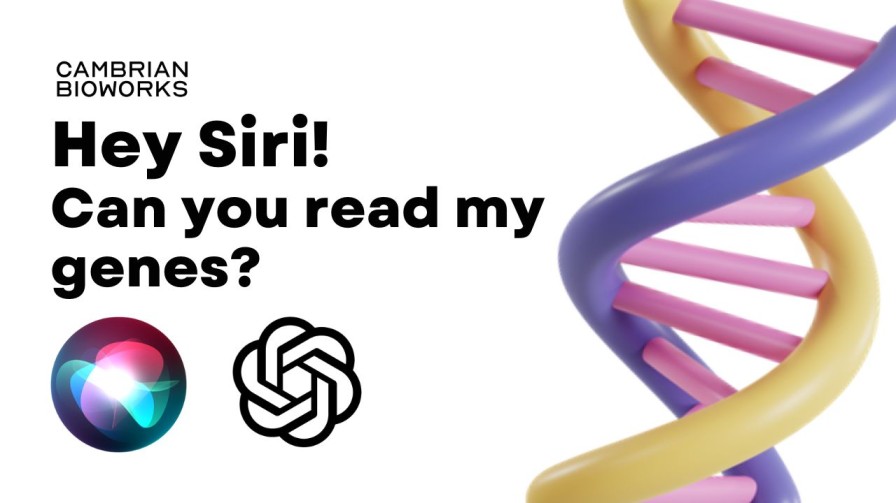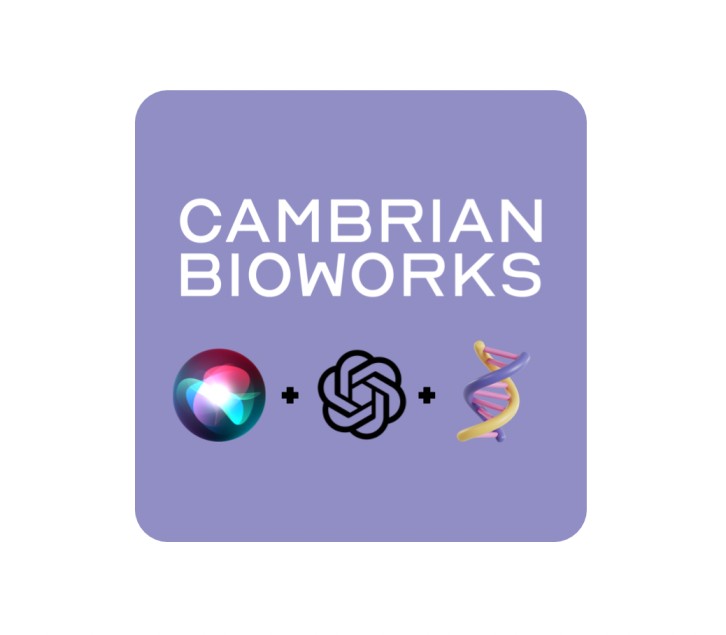At Cambrian, we develop bio tools for life sciences research, cell and gene therapy, and molecular diagnostic workflows. Often times we find ourselves, a bunch of molecular biologists, chemists, and engineers, brainstorming endlessly to stay current with advancements in the field. Various questions arise that need further research like ”which genes are used to assess anti-depressant drug response?”
The first response is googling it which leads us right down the rabbit hole. With so much information available online, it can be easy to get lost in a never-ending web of research. Not to mention numerous ads bombarding us right in the face telling us to buy the shirt we’ve had our eyes on. And there goes your timeline to build the product that could revolutionalise the world.
But hey! we’re in 2023! A lot of us are now dependent on ‘chatGPT’ to give us quick answers.
This is way more efficient and innovative. But what if you could take it one step further and manage the chatbot with voice commands?
It’s been ages since we’ve used Siri. You never get the answers you need. But integrate chatGPT onto it and BOOM! You’ve got yourself a new employee right at that conference table who has answers to all your questions (mostly).
Here’s a video that’ll show how you can do that:
Check-out this apple shortcut link!
It’s important to note that ChatGPT is a language model and not a medical expert. It can provide general information and insights based on the data it has been trained on, but it should not be used as a substitute for medical advice or consultation with a qualified healthcare professional. If you have specific questions or concerns about your health or genetics, you should seek advice from a medical professional


